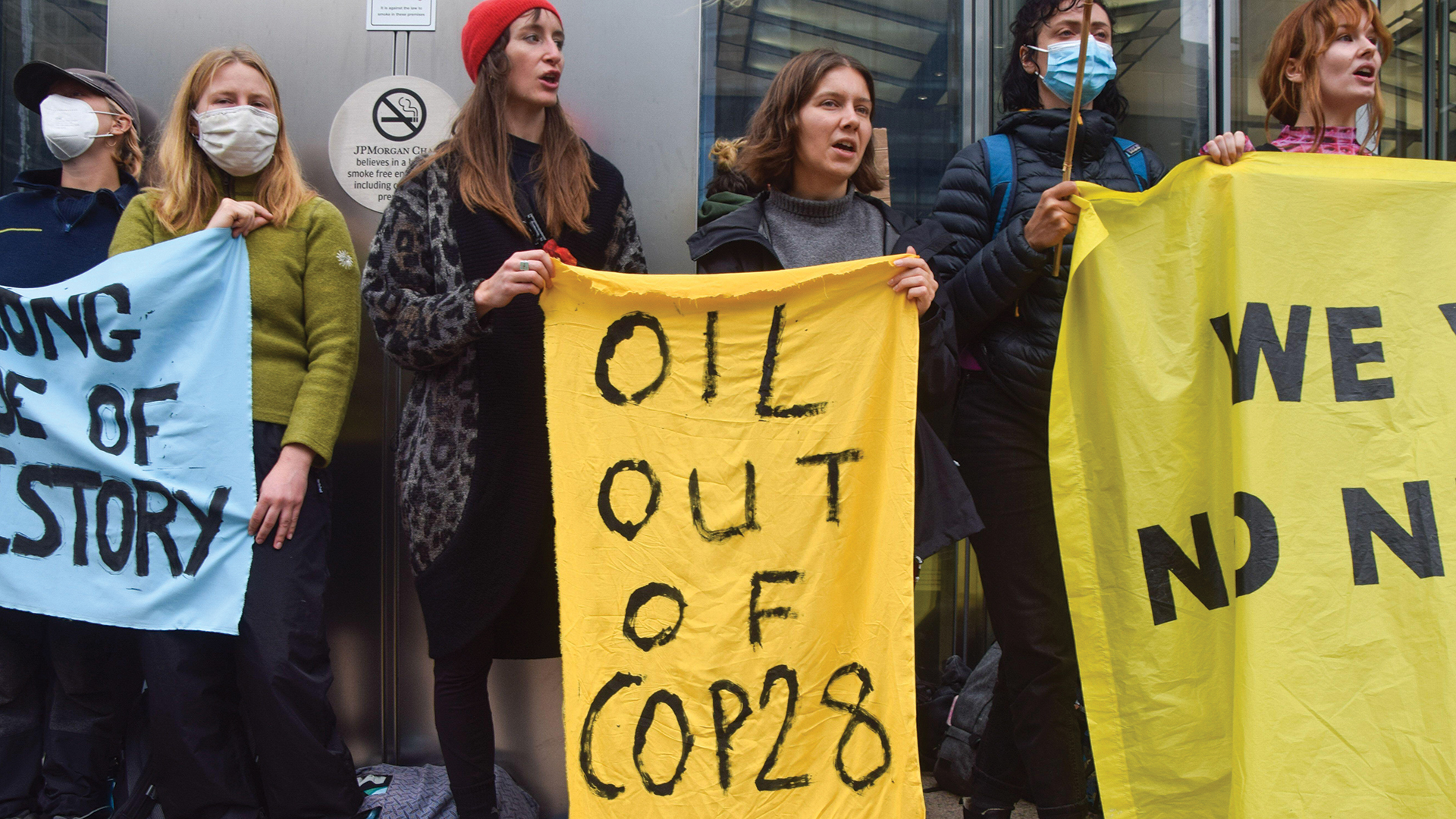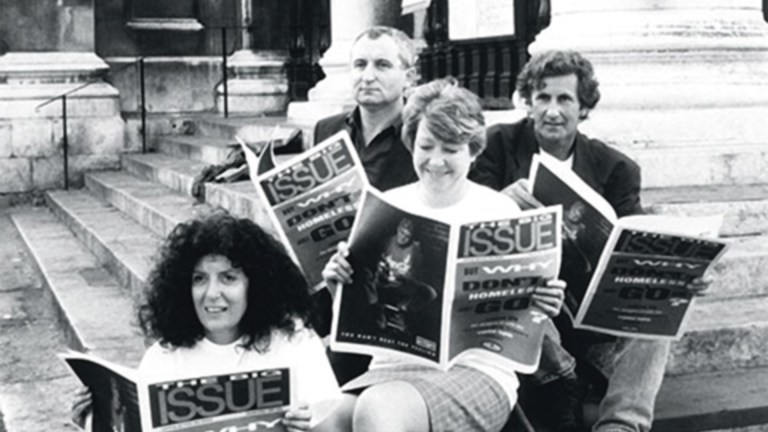There’s a lot of talk about just transition around COP28, the international climate change meeting. A just transition reflects the need to move from a high-carbon economy dependent on fossil fuels (oil, gas and coal) to a low-carbon economy in a way that is fair to both people and planet. It’s a moral issue as well as an environmental one.
Communities, industries and employees are dependent on fossil fuel activities, so moving away comes at a cost. Those countries reliant on fossil fuels in Asia and the Emerging Markets need help to transition. Social measures such as compensating those involved in fossil industries and training existing and future workers with the skills needed to participate in the green economy is important.
However, it’s more complex than simply switching to green energy: the supply of renewables must meet demand and infrastructure is needed to store and distribute renewables.
Change a Big Issue vendor’s life this Christmas by purchasing a Winter Support Kit. You’ll receive four copies of the magazine and create a brighter future for our vendors through Christmas and beyond.
There’s a filter on The Big Exchange (TBE) website that allows customers to sort funds to only those that are “fossil free”*.
One such fund is the Schroder Global Energy Transition fund. It invests in companies involved in the transition towards lower carbon sources of energy – eg clean energy generation, distribution, storage, transport and associated materials, components and technologies – and excludes companies that generate revenue from fossil fuels and nuclear energy. The FP WHEB Global Sustainability Fund also excludes fossil.










